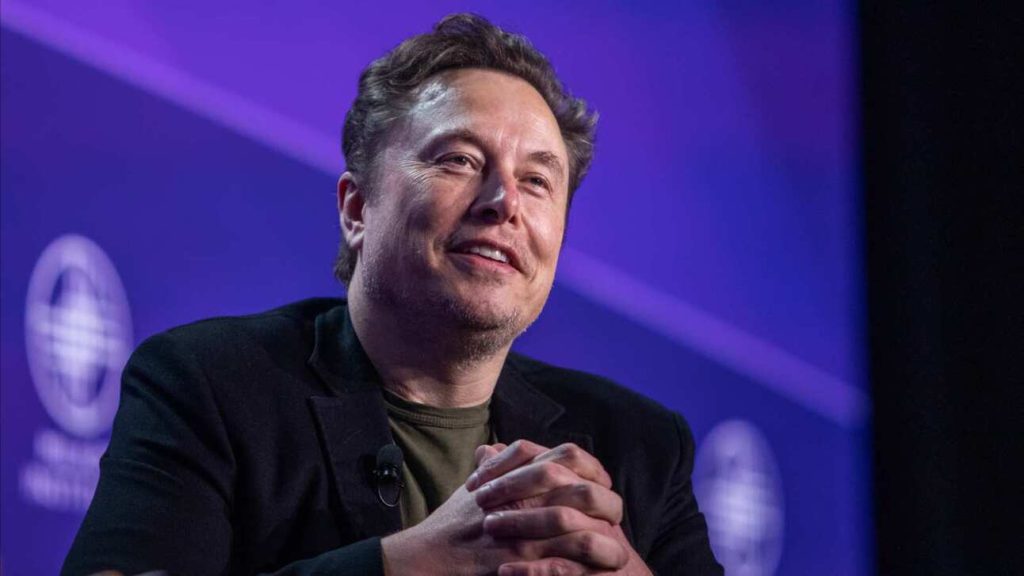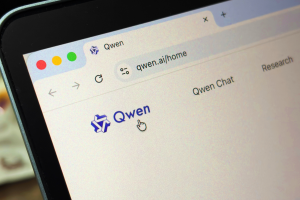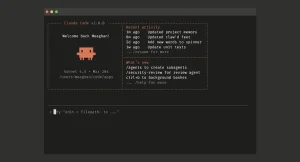Elon Musk Unveils the World’s Most Powerful AI Supercomputer

In a massive leap for technology, a new AI supercomputer, claimed to be the world’s most powerful, has been built from scratch. Located in Memphis, this advanced facility is already up and running, with Elon Musk revealing that it could surpass all existing benchmarks by December.
The AI supercomputer, featuring 100,000 Nvidia H100 chips, is set to perform at an astonishing speed of 2.5 exaflops. To put it in perspective, that’s 2.5 quintillion operations per second, making it more than twice as fast as the current record holder in the U.S. This development marks a significant investment in both financial and environmental terms.
The Birth of a Supercomputer
In a massive technological leap, xAI has built what it claims to be the world’s largest AI supercomputer from scratch. This cutting-edge facility is located in Memphis and has begun its training sessions. Elon Musk unveiled this marvel, revealing that by December, it could become the world’s most powerful AI, exceeding all current metrics.
The AI supercomputer boasts 100,000 Nvidia H100 chips, making it a giant in computing power. Emad Mostaque, former CEO of Stability AI, estimates it operates at 2.5 exaflops. To put it in perspective, the supercomputer can perform 2.5 quintillion operations per second, making it more than twice as fast as the U.S. Department of Energy’s Frontier computer, the current record holder.
Investment and Environmental Impact
Creating such a powerful machine comes with significant financial and environmental costs. The facility, encompassing 785,000 square feet, represents one of the largest investments in the Memphis area to date. Over $6 billion has been invested in xAI since its inception last year.
However, the environmental impact has raised concerns among local environmentalists. The facility’s energy consumption can reach up to 150 megawatts during peak training periods, equivalent to the power needed for 100,000 homes. This immense energy requirement has spurred discussions about the sustainability of such advanced technology.
Elon Musk aims to use this supercomputer for multiple critical AI developments. Among its top priorities is training a new version of xAI’s Grok to rival OpenAI’s latest models. Additionally, it could create new AI products for Tesla and SpaceX, and serve as a hub for cutting-edge AI experiments.
Debate in the AI Community
The launch of this supercomputer intensifies a longstanding debate in the AI industry. Many tech giants are increasingly investing in bigger and more powerful computers, betting that these will lead to more advanced models. These models could possess capabilities like future planning and solving complex equations.
However, some developers argue that we’re approaching a plateau. They believe that increasing computational power will only yield marginal performance improvements. xAI’s new supercomputer could provide a definitive answer to this debate, potentially reshaping the future of AI development.
Musk’s ambition to create the world’s most powerful AI computer might break new ground. It forces the AI community to reconsider the balance between computational power and innovation.
Technological Applications
The AI supercomputer is not just a technical marvel; it has practical applications that could revolutionize various industries. One of its primary uses will be in enhancing existing AI products and creating new ones for Tesla and SpaceX. This could lead to significant advancements in autonomous driving systems and space exploration technologies.
In the realm of AI experimentation, the supercomputer offers unprecedented opportunities. Researchers can run complex simulations and models that were previously impossible due to computational limitations. This could accelerate scientific discoveries and technological innovations.
The implications extend beyond Musk’s companies. This technology could empower smaller developers and researchers who lack access to such massive computing power. By providing a platform for cutting-edge research, the supercomputer could democratize AI development.
Environmental and Ethical Considerations
The environmental costs associated with such a massive computing facility cannot be ignored. The 150-megawatt energy consumption during peak periods has raised alarms among environmentalists. The sustainability of such power usage is a pressing concern that needs to be addressed.
Ethical considerations also come into play. The immense power of this AI supercomputer raises questions about its potential misuse. Ensuring that this technology is used responsibly is crucial. Safeguards and regulations may be needed to prevent any harmful applications.
Therefore, while the supercomputer holds immense potential, it also introduces challenges. Balancing technological advancement with environmental and ethical considerations will be key to its long-term success.
Future Prospects
Looking ahead, the potential applications of the world’s most powerful AI supercomputer are vast. From healthcare to aerospace, this technology could lead to groundbreaking innovations. It has the potential to solve complex problems that were previously beyond our reach.
The future of AI development could be significantly influenced by the capabilities of this supercomputer. It may set new benchmarks in computational power and efficiency. This could pave the way for more advanced AI models and applications.
However, the success of this venture will depend on addressing the associated challenges. Ensuring sustainable energy use and ethical deployment of this technology will be critical. Musk’s supercomputer could either be a game-changer or a cautionary tale, depending on how these issues are managed.
Conclusion
Elon Musk’s latest venture into the world of AI supercomputing marks a significant milestone. This state-of-the-art facility promises to push the boundaries of what AI can achieve. However, it also brings to the forefront critical discussions about sustainability and ethics in technology. The world will be watching to see how this ambitious project unfolds.
Elon Musk’s venture into AI supercomputing is a significant milestone that could reshape the future of technology. This state-of-the-art facility in Memphis promises to push the boundaries of what AI can achieve. However, it also raises essential questions about sustainability and ethical considerations. The world will be closely watching how these challenges are addressed and what breakthroughs emerge from this ambitious project.






